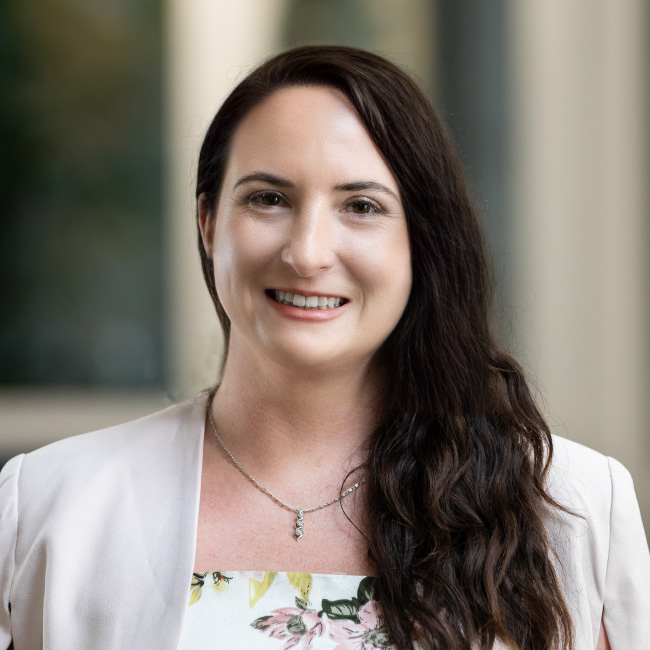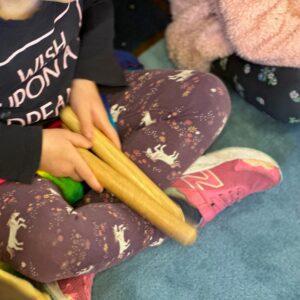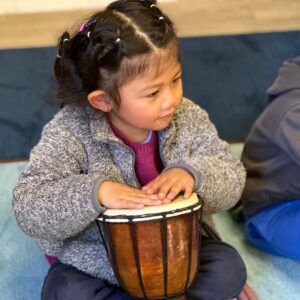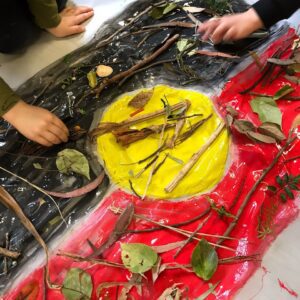
Acknowledgement of Country
Affinity Education Group acknowledges and pays respect to the past, present and future Traditional Custodians and Elders of this nation and the continuation of cultural, spiritual and educational practices of Aboriginal and Torres Strait Islander peoples.
Aboriginal and Torres Strait Islander peoples should be aware that this website may contain images or names of people who have passed away.
"Be a voice for generations.” During National Reconciliation Week 2023, our centres took the opportunity for the children in our care to learn about indigenous culture from their Aboriginal and Torres Strait Islander peoples within their communities.
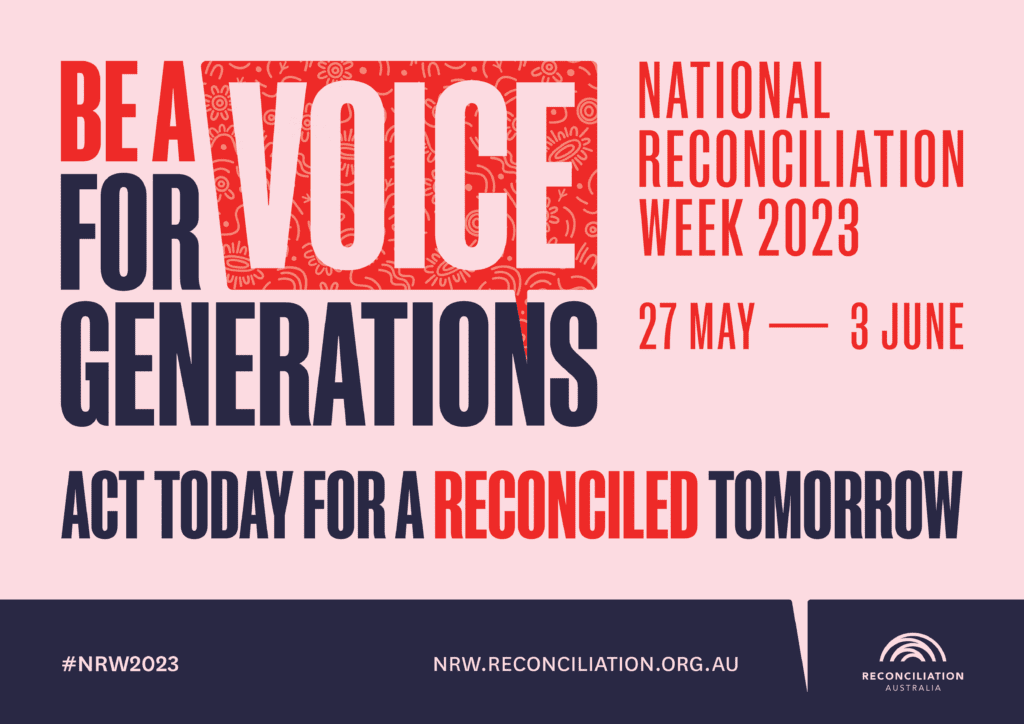
What is National Reconciliation Week (NRW)?
NRW provides an opportunity for all Australians to take a moment and engage in activities aimed at understanding our collective histories, cultures, and accomplishments. It encourages individuals to delve into these aspects and contemplate how they can contribute to fostering reconciliation throughout Australia. As inhabitants of Indigenous land, it is incumbent upon each of us to build relationships and communities that value Aboriginal and Torres Strait Islander peoples, histories, cultures, and futures.
When is National Reconciliation Week?
National Reconciliation Week is observed during the same week each year, specifically from May 27th to June 3rd. This timeframe acknowledges two significant dates in the reconciliation history of Australia. For more information about the origins of National Reconciliation Week, please refer to Reconciliation Australia.
What is Affinity’s long-term vision for reconciliation?
Affinity maintains a corporate-wide commitment to reconciliation within our community, which is led by our Reconciliation Working Group. This dedicated team endeavors to create a safe environment where educators can openly share their knowledge and experiences as they embark on their own reconciliation journey. They also strive to expand their understanding of the cultures, histories, and contemporary realities of Aboriginal and Torres Strait Islander Peoples.
Program Lead Sarah Druery, Centre Manager at Papilio Early Learning Hunters Hill in NSW shared, “Being a voice for generations is a challenge to all Australia to call out racism, to create spaces for Indigenous Voices to be heard, to continue to advocate for injustice and for reconciliation. As a company we are actively working towards all our services engaging with a reconciliation action plan, as well as creating a companywide Reconciliation Action Plan.”
What is the importance of reconciliation in early childhood education and care?
Program Lead Sarah continued, “This year's theme speaks so loudly to the Early Childhood Sector - Be a voice for generations.”
In Early childhood, we have such a big focus on supporting children to find their voice and we advocate for children when they cannot advocate for themselves. We are supporting the next generation of Australians to become active members in our community, we are supporting the next generation of voices. Whether that is empowering and educating young Aboriginal and Torres Strait Islander children or supporting non-Indigenous children to learning about First Nations culture, music, art, history and language. As educators it is our role to create these spaces that foster inclusion, cultural safety and allow for Indigenous voices to be heard in our programs, planning and daily practices.”
By incorporating experiences such as daily Acknowledgement of Country, exploring Indigenous art and stories, and fostering a connection with the land around us, we can establish a solid foundation for future learning. These encounters provide children with knowledge and experiences that empower them to be courageous and effect positive change.
Learn more about National Reconciliation Week:
See how we brought reconciliation week to our centres:
Milestones Early Learning Centres Recognise National Reconciliation Week
Papilio Early Learning Centres Recognise National Reconciliation Week
Kids Academy Early Learning Centres National Recognise Reconciliation Week
Aussie Kindies Early Learning Woy Woy National Recognises Reconciliation Week

